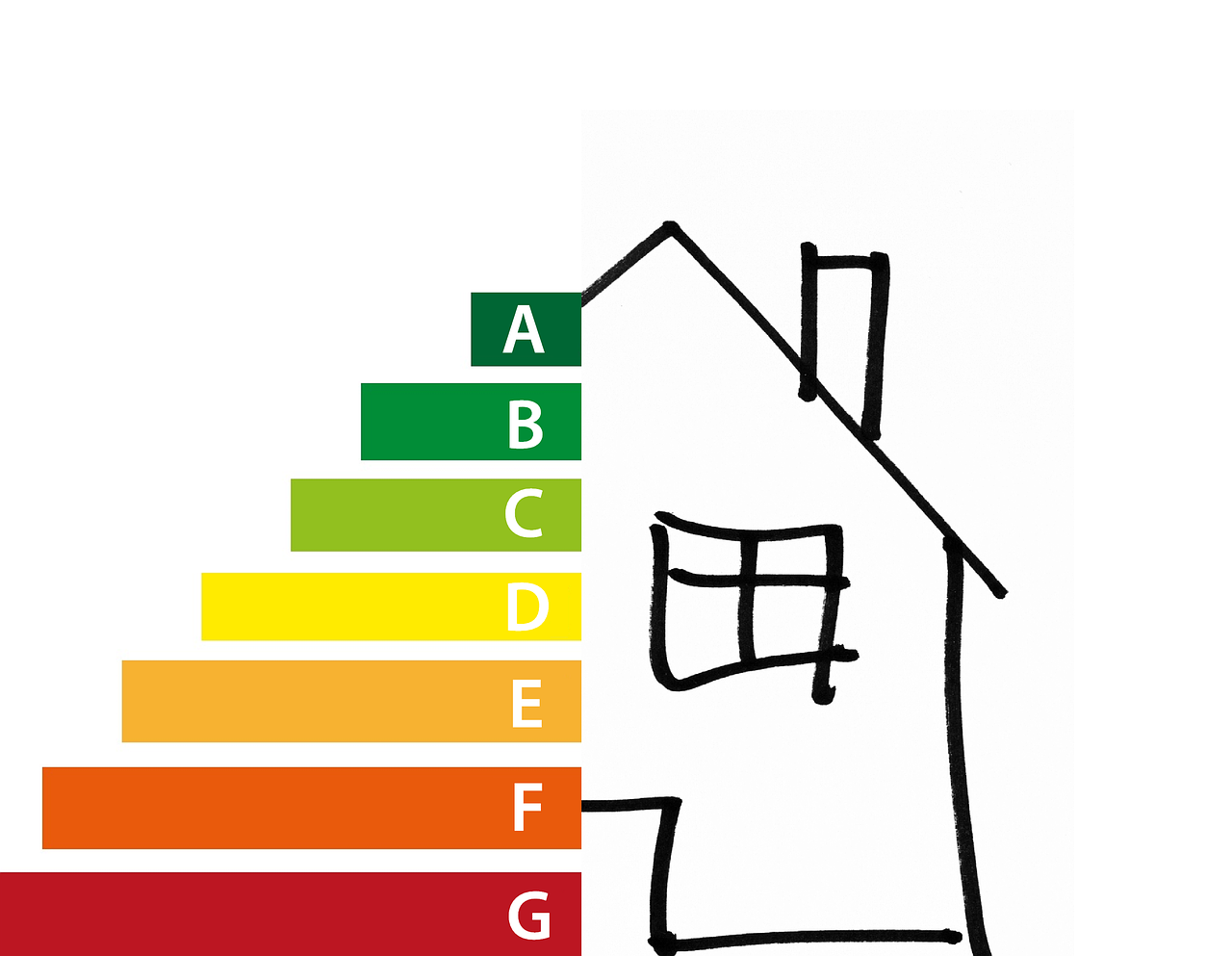


Our team sorts through all blog submissions to place them in the categories they fit the most - meaning it's never been simpler to gain advice and new knowledge for topics most important for you. This is why we have created this straight-forward guide to help you navigate our system.


And there you have it! Now your collection of blogs are catered to your chosen topics and are ready for you to explore. Plus, if you frequently return to the same categories you can bookmark your current URL and we will save your choices on return. Happy Reading!
Schools are not only places of education but also hubs for fostering sustainable practices and nurturing the next generation of environmentally conscious individuals. One crucial aspect of sustainability that schools can focus on is energy efficiency. By prioritising energy-efficient measures, schools can contribute to reducing their carbon footprint, saving resources, and creating a healthier and more conducive learning environment.
In this blog post, we will explore the importance of energy efficiency in schools and highlight some effective strategies to implement.

Energy Efficiency in Schools
Energy efficiency in schools offers numerous benefits, both immediate and long-term. Here are a few compelling reasons why schools should prioritise energy efficiency:
Effective Strategies for Energy Efficiency in Schools
Energy efficiency in schools serves as a catalyst for positive change, contributing to financial savings, reduced environmental impact, and enhanced learning experiences. By embracing energy-efficient measures, schools become role models for sustainable practices, inspiring students to become responsible stewards of the environment. With the potential for cost savings and the opportunity to instil eco-conscious values, prioritising energy efficiency is a win-win situation for schools and the planet alike.
Let’s empower our schools to lead the way towards a greener and brighter future.

The author

Read more

Read more

Read more

Read more

Read more

Read more

Read more

Read more


Are you looking for solutions? Let us help fund them! Nexus Education is a community of over 11,000 schools that come together to share best practise, ideas and CPD via online channels and free to attend events. Nexus also offers funding to all school groups in the UK via nexus-education.com


Established in 2011, One Education is a company at the heart of the education world, supporting over 600 schools and academies. Our unique appeal as a provider is in the breadth and synergy of the services we offer, supporting school leaders, teachers and support staff to achieve the best possible outcomes for their pupils and staff.

School Space is a social enterprise that has empowered schools for over 12 years through their profitable and hassle-free lettings services. So far, they’ve generated over £5 million in revenue for education, helping to connect over 200 schools with their local communities.


Unify is an online sales and marketing tool that allows users to create tailored personalised documents in moments.


There’s nothing special about the energy we sell. In fact, it’s exactly the same energy as all our competitors provide. But there is something special about the way we do it. Where others complicate the process, we simplify it. Where others confuse customers with hidden terms, we’re an open book. And where others do all they can to make as much money from their customers as possible, we do all we can to make as little. Everything we do, we do it differently. Our customers are a privilege. One we’ll never take advantage of.


Securus provide market-leading monitoring solutions to safeguard students on ALL devices both online and offline. We also offer a full monitoring service, where we carry out the monitoring on behalf of the school, freeing up valuable staff resources. From the smallest school to large MAT groups, Securus offers safeguarding protection for all!


Bodet Time offers dedicated solutions to education through lockdown alerts, class change systems, PA and synchronised clock systems. Improving time efficiency of the working and school day; ensuring safety through lockdown alerts; increasing communication with customised broadcast alerts.


Robotical makes Marty the Robot - a walking, dancing coding robot that makes programming fun and engaging for learners as young as 5. Our robots come with a full Learning Platform that has complete teaching resources, to make lesson planning a breeze.